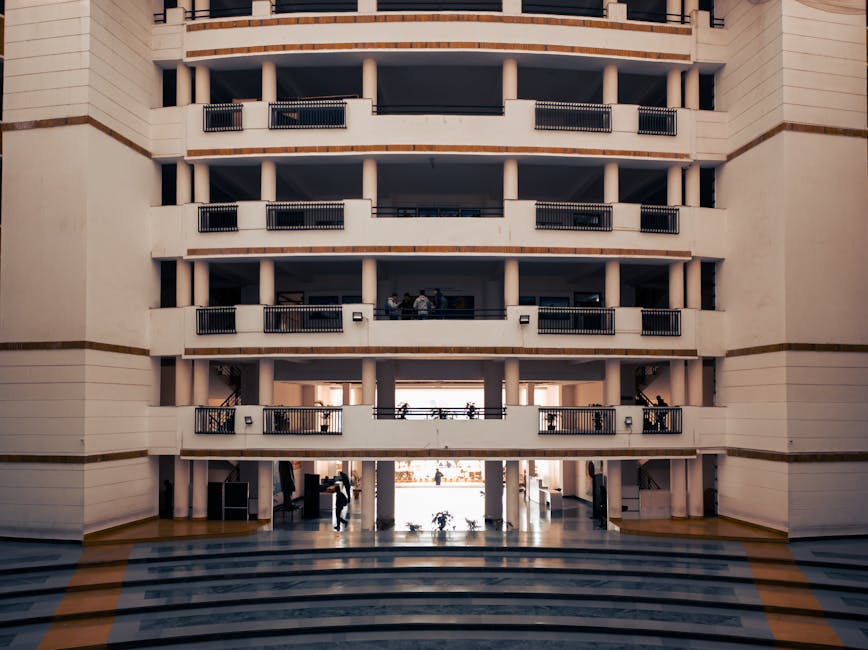The Dream Turned Nightmare at Al Falah University
For dozens of families across India, the dream of a university degree for their children has curdled into an unending nightmare. What began with the promise of education at Al Falah University has descended into a disorienting limbo, shadowed by the gravest of allegations: a terror probe. The recent words of a family member, describing the ordeal as “emotionally exhausting,” capture the painful, protracted reality for those caught in the crossfire of a national security investigation.
A Cloud of Uncertainty: The Human Cost of the Probe
The core of the issue lies in the profound uncertainty that has enveloped the lives of these students and their families. When a terror investigation of this magnitude is launched, the official machinery moves with deliberate, often opaque, caution. But for the parents and relatives waiting on the other side of that silence, every passing day is a fresh cycle of anxiety and despair. They are, as reports suggest, utterly “unsure of next steps.”
This uncertainty manifests in tangible ways:
* Endless Calls: Frantic phone calls to lawyers who can offer little concrete information.
* Financial Strain: The mounting cost of legal consultations adds a heavy financial burden.
* Emotional Toll: Sleepless nights and the social stigma of being associated with a terror probe.
* Community Suspicion: Facing a community that now looks at them with a mixture of pity and suspicion.
The very fabric of their lives has been put on hold, their futures contingent on a process they have little insight into or control over.
The Investigation’s Dilemma: National Security vs. Personal Lives
Let’s be clear: the task facing India’s national security agencies is monumental. Terror probes are incredibly complex, requiring meticulous evidence-gathering and a methodical approach. The safety and security of the nation are paramount, and authorities are obligated to be thorough, as a premature disclosure of information could compromise the entire operation.
However, the Al Falah University terror probe forces us to confront an uncomfortable but necessary question: Where is the line between procedural diligence and human cost? While the wheels of justice must turn, what support systems are in place for the individuals who are inadvertently crushed beneath them?
Frozen Futures: The Lasting Scars on Students’ Careers
The students at the centre of this probe are at a critical juncture. Their academic careers are frozen, their reputations tainted, and their mental health is under severe duress. Even if they are eventually cleared of any wrongdoing—a possibility their families cling to—the scar of this investigation will likely remain.
How does one explain a multi-year gap on a resume? How do they shed the stigma of being linked, however peripherally, to a terror investigation? This is not merely a news story; it is a human drama unfolding in real-time, highlighting the heavy price of suspicion and the collateral damage of a necessary, but often unforgiving, legal process.
A Plea for Clarity and Empathy
The families aren’t asking for the investigation to be dropped; they are pleading for clarity, a semblance of a timeline, and a humane channel of communication that acknowledges their anguish.
As a nation, we must balance the scales. While our agencies work diligently to protect us, we must also ensure that the principles of justice—including the presumption of innocence until proven guilty and the right to a timely process—are not lost in the fog of a protracted investigation. The plea from these “emotionally exhausted” families is a stark reminder that behind every major headline are real people whose lives hang, precariously, in the balance.




